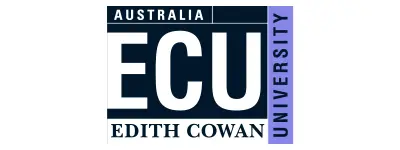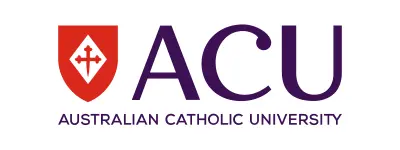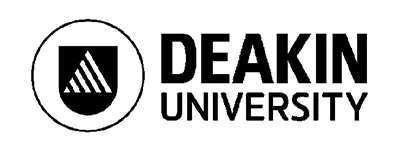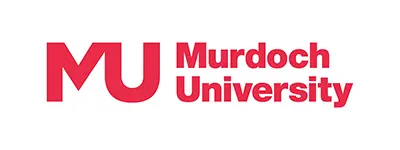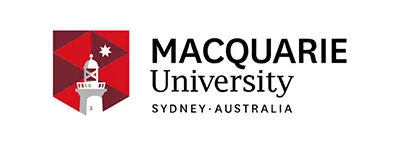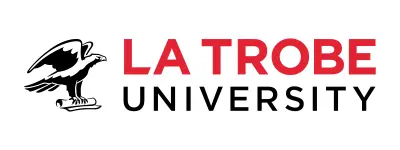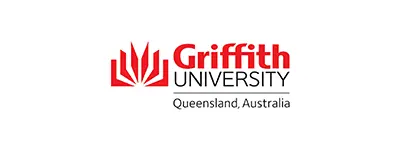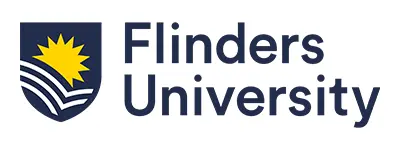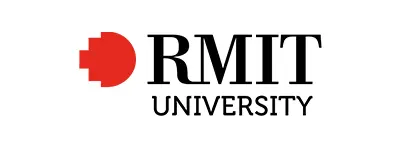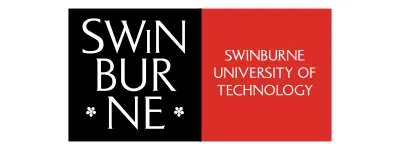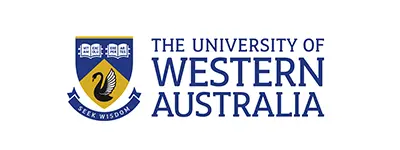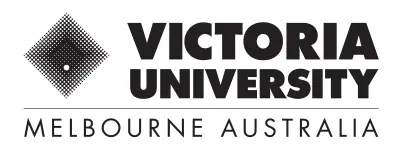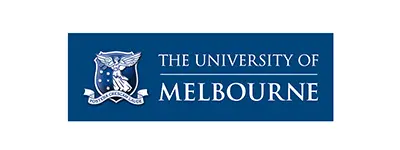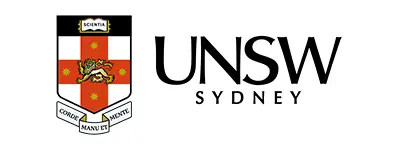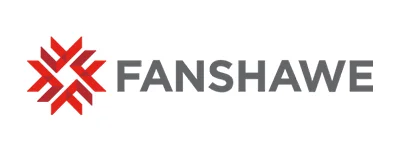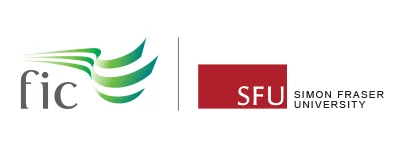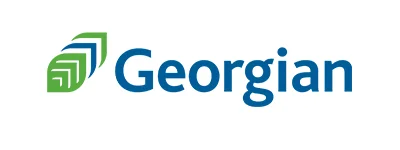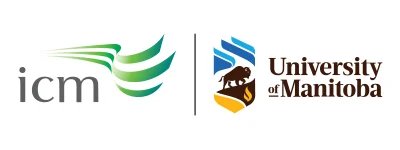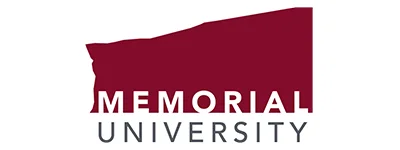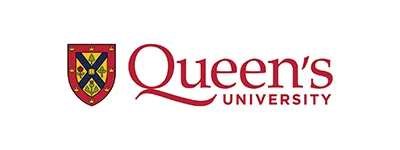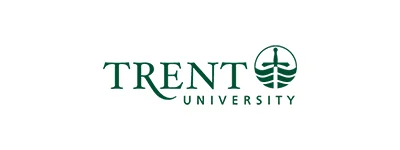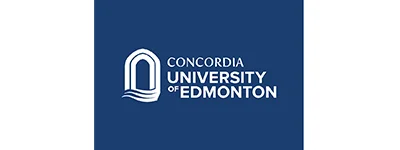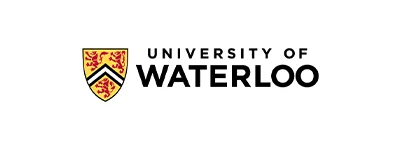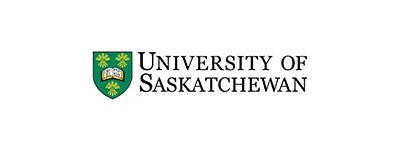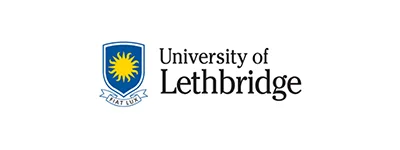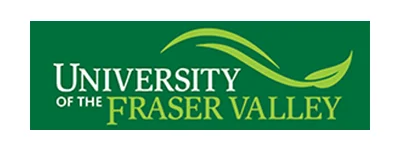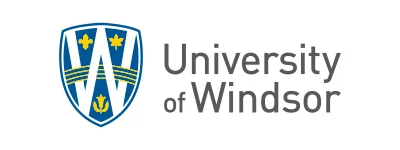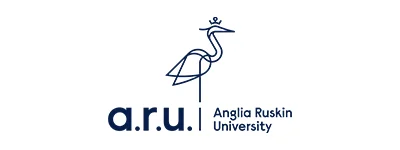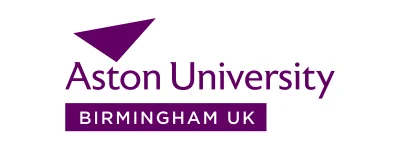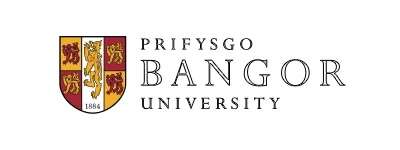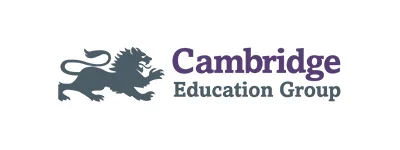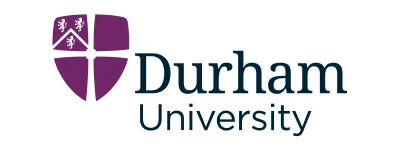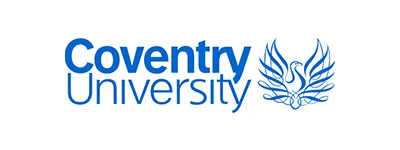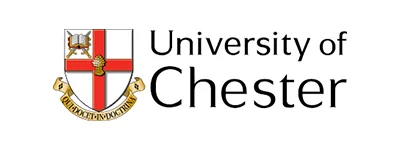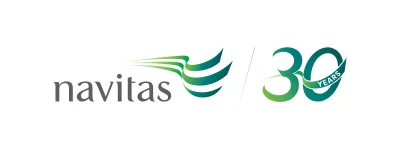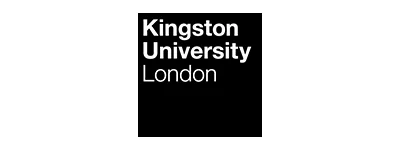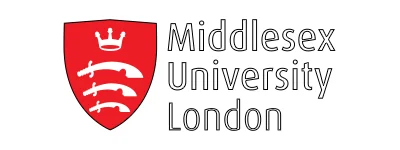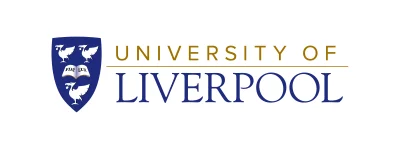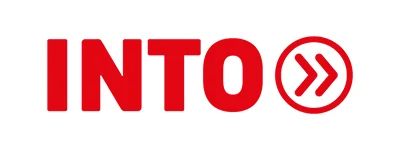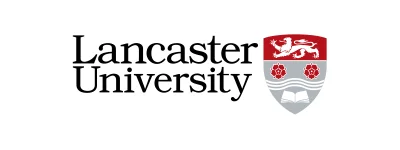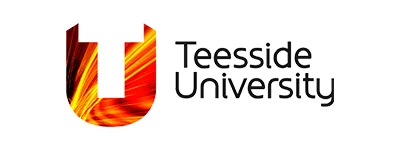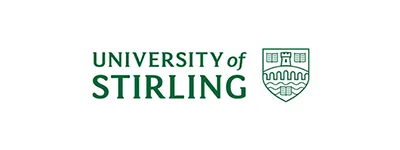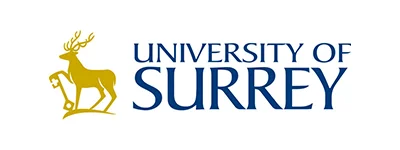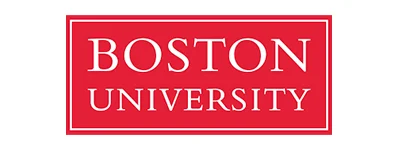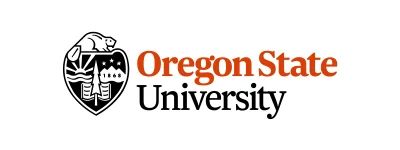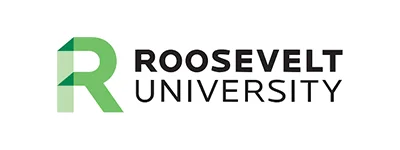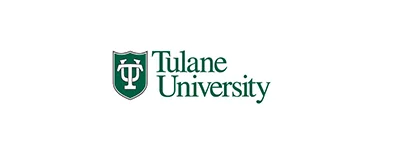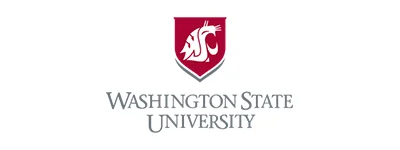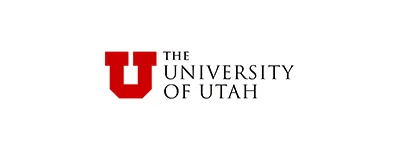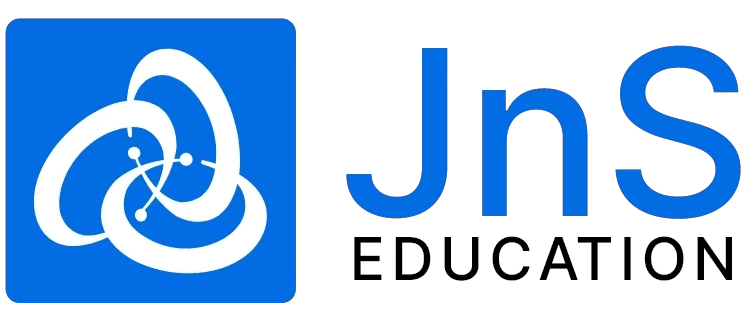Guide to Studying in the Canada
Academic Year
September - July
130
Ranked Institutions
218
Listed Institutions
Currency
Canadian Dollar
Study in Canada
Thinking of studying in Canada? You’ll need a Canadian study permit to attend any university or college. Start your study abroad journey with JnS Education. Our expert counselors ensure a smooth admission process, turning your dreams into reality.
Why study in Canada
Canada allows students to work part-time for up to 20 hours per week during the term-time and 40 hours per week during summer break
Graduates who finish their degree in the UK are eligible for up to 3-year Post-study work permit, followed by immigration. However, the length of Post-study work (PSW) in Canada is based on the duration of your studies.
Tuition fees in Canada are generally reasonable and more affordable compared to many developed countries like the USA, UK, and Australia.
Several universities and colleges in Canada have a co-op option as part of their studies. Students can work full-time in industry in a real job related to their degree. It’s an excellent way to explore careers, gain relevant experience, and earn some money while still in school.
Study options in Canada
In Canada, the education system is not managed at the federal level. Instead, each province in Canada is responsible for managing its own education system. Type of post-secondary education in Canada are:
- Qualifications
- Academic
- Duration
- Certificate
- Post-secondary colleges offer certificates
- 8 to 12 months
- Diploma
- Post-secondary colleges offer Diplomas
- 8 to 12 months
- Associate Degree
- Only offered in Province British Columbia in Colleges and universities
- 2 Years
- Undergraduate Degree
- Universities offers UG degrees. Very few Colleges also offer UG degrees
- 3 or 4 years
- Postgraduate
- Universities offer PG degrees
- 18 months to 24 months
Foundation Year
These foundation program acts as a bridge, especially designed for students who don’t meet the direct entry requirements for undergraduate studies. It equips students with essential skills, paving the way for a seamless transition to degree-level studies.
Undergraduate Degree
Pursuing an Undergraduate Degree in Canada provides comprehensive knowledge in various fields. Undergrad programs typically duration three to four years, offering a wide array of subjects. This allows students to specialize in their preferred disciplines, fostering expertise and understanding.
Master's Degree
For those seeking advanced knowledge and research opportunities, a Master’s Degree in Canada offers specialized education. These intensive programs, usually lasting a year, research deeply into specific disciplines, enabling students to enhance their expertise.
Top-up (Final Year)
The Top-up program is tailored for students with relevant prior qualifications or partial degree completion. It offers a direct entry into the final year of an undergraduate course, providing an efficient route to complete a degree.
ELICOS (English Course)
English language courses are imperative for non-native speakers aiming to excel academically and socially. These programs focus on enhancing language proficiency, ensuring students can actively engage in academic discussions and social interactions.
Top Courses to Study in Canada
With Canadian institutes offering various courses in multiple fields of study, international students aiming to study in Canada have many options. While every course has its benefits, some of the top courses to study in Canada are:
- Accounting
- Engineering
- Health Sciences
- Computer Science
- Media & Journalism
- Business Management
- Hospitality and Leisure Management
Understanding Canadian Higher Education System
In every province of Canada except Quebec, post-secondary studies in universities and colleges start after successfully completing secondary school i.e., High school or 12th grade. However, Quebec higher education system works differently.
In Quebec, there is CEGEP system between secondary school and university. The secondary school is until grade eleven. Once student completes secondary school, they have to study pre-university program (CEGEP) that is 2 years of length before starting a 3 years full-time Bachelor’s degree at university.
Cost of Studying in Canada
The average tuition fee for full-time international students in Canada varies based on the chosen study option. Colleges in Canada provide certificates and diplomas at a reasonable cost ranging from 15,000 CAD to 19,000 CAD per year. Additionally, some colleges also offer complete degree programs at a lower cost compared to universities.
The tuition fee for Undergraduate Bachelor’s degree in Canada differ based on the province and program. Provinces like Newfoundland offer lower costs, while Ontario and British Columbia have the most expensive fees. The Bachelor’s degree in Canada universities range from 21,000 CAD to 35,000 CAD per year for programs like Art and Design, Computing, Science and Engineering. However, Health Science programs such as Medicine and Dentistry exceed 55,000 CAD per year for international students.
Postgraduate Master’s degree in Canada range from 21,000 CAD to 45,000 CAD per annum. However, master’s degree cost varies within the university also depending on the program. For example, at the University of Windsor, the tuition fee for Master of Applied Sciences in Mechanical Engineering is 22,995 CAD, while the Master of Management costs 32,000 CAD. Additionally, at the University of Saskatchewan, the Master of Occupational Therapy is 13,780 CAD, and the Master of Finance is 34,548 CAD making a difference of around twenty one thousand Canadian dollar in the same university.
Don’t Worry. Reach out to JnS Education, and we can help you find the right study option, course, and university that aligns with your tuition fee budget.
Canadian Study Permit
The Canadian study permit is an official document that is issued by the Government of Canada that allow international students to study at post-secondary institutions in Canada.
The student must hold an offer of acceptance or Letter of acceptance (LOA) from Designated Learning Institute (DLI) before applying for study permit. You can apply for study permit through general visa router, however, if you are a permanent and legal resident of certain countries, you may be able to apply through the Student Direct Stream (SDS).
Applying for Canadian Study Permit
You must meet following conditions to apply for study permit
- Proof of acceptance or letter of acceptance (LOA) from Designated Learning Institute
- Bank Statement covering your tuition fees, living expenses and return transportation expenses.
- police clearance or character certificate (if required)
- Medical exam report (if required) and
- Detailed statement of purpose letter
Canada’s Study Visa Requirements
Canada’s study visa requirements are similar to those of other international study-abroad destinations. To obtain Canada’s study visa, students must first obtain a study permit, for which they must:
- Have accepted an admission offer from one of the designated learning institutes.
- Provide proof that they have sufficient financial resources to cover their tuition fee, living expenses, and return tickets.
- Have a clear criminal record.
- Be in good health.
- Demonstrate their willingness to return to their homeland after the expiration of their permit.
Once the student obtains a study permit, the authorities issue a visa.
Get Guaranteed Admissions in Canada
Universities in Canada without IELTS
Proof of English language proficiency is an essential requirement for getting admitted into English language courses at universities in Canada. Students aiming to skip this step by looking for universities in Canada without IELTS need to remember that all of the best universities in Canada will require scores of English language proficiency tests before they extend you an admission offer.
Providing scores of any other English language proficiency test accepted by the university is the only alternative way of applying to Canada’s universities for international students without IELTS. Students can apply using scores of the Pearson PTE Academic Test, which almost all universities in Canada accept.
Top Canadian Universities
Canada has 223 public and private universities. However, there are 15 universities, known as U15, are ranked among the world’s best Canadian research universities.
- University of Alberta
- Dalhousie University
- University of Calgary
- University Laval
- University of Manitoba
- McMaster University
- McGill University
- University of Ottawa
- University of Montreal
- Queen’s University
- University of Saskatchewan
- University of Waterloo
- University of Toronto
- Western University
Top Colleges in Canada
Some of the good rank colleges in Canada offering certificates, diploma and degree programs are:
- Program
- Duration
- Fanshawe College
- London, Ontario
- Seneca College
- Toronto, Ontario
- George Brown College
- Toronto, Ontario
- Douglas College
- Vancouver, British Columbia
- Conestoga College
- Kitchener, Ontario
- Humber College
- Toronto, Ontario
- Centennial College
- Toronto, Ontario
Dream, Explore, Study Abroad
Studying abroad gives you the chance to explore different cultures as well as gain qualifications that can help you get into your dream career.
Other Study abroad destinations
Frequently Asked Questions
- Admissions
The process of study permit process for Canada is:
- Get an admission letter from a designated learning institution (DLI).
- Apply online for the permit or you can download the application package.
iii. Pay the application fees.
- Medical Checkup from the registered physician
- Get a decision on your application
- Career
- Make an appointment at the closest visa office to you.
- Keep all the paperwork needed to apply for a study permit on hand.
- Submit application fees of 150 CAD for a student visa.
- Show up for the visa interview.
- Biometric Submission.
- Wait for your student permit.
- Tution Fee & Scholarships
Scholarships are awarded by Canadian institutions to students who have excelled academically. The likelihood of receiving a Canadian scholarship, however, is also influenced by prior employment and volunteer experience.
Discover Partner Universities
